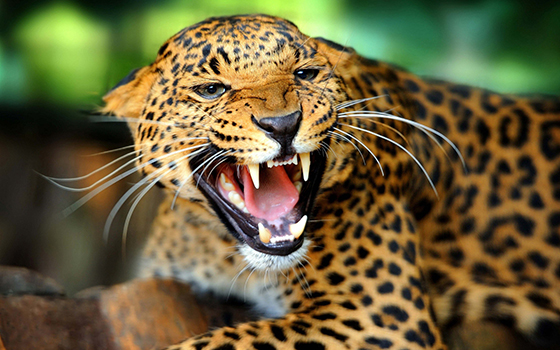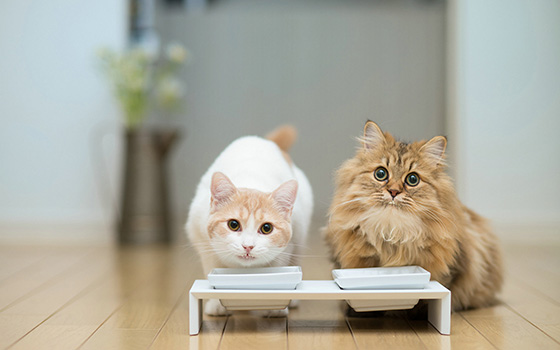the arena of cosplay, a vibrant and creative shape of self-expression, has visible exponential boom over recent years. fanatics don tricky costumes to encompass characters from numerous media, frequently extending past simply anime, manga, and video video games to consist of figures from films, books, or even historic periods. however, because the scope of cosplay widens, so does the complexity around cultural sensitivity and representation inside this loved interest.
Cosplay includes now not best the replication of costumes however also the portrayal and embodiment of characters’ personas, behaviors, and histories. whilst these characters belong to cultures distinct from one’s very own, it increases questions about appropriateness and ethical issues. The goal in the back of ethnic cosplay can vary widely; a few might also desire to have fun and honor unique cultures, even as others might have interaction without absolutely expertise or respecting the significance of their portrayal.
A vital component of responsible cosplay is spotting the best line between admiration and appropriation. while it’s miles feasible to comprehend and admire elements of a way of life that isn’t always one’s very own, it’s far critical to technique this with humility and respect. as an instance, adopting a individual’s look with out know-how its cultural context can perpetuate misrepresentations and stereotypes. Misinterpretation or trivialization of sacred symbols, rituals, or traditions may be offensive, turning what become intended to be a tribute into a disrespectful act.

Cultural sensitivity in cosplay begins with studies. before deciding on a person to embody, lovers must invest time in gaining knowledge of about the cultural heritage they constitute. This includes understanding the history, customs, and importance of clothing, add-ons, and behavior related to that tradition. assets which includes books, documentaries, and conversations with people from those backgrounds can provide precious insights and make certain a respectful portrayal.
some other essential factor is acknowledging privilege and positionality. human beings from marginalized communities are more likely to face the impact of misappropriated cultural expressions. consequently, it will become essential for cosplayers from dominant cultures to approach those subject matters with caution and attention. this means being open to remarks, willing to analyze, and prepared to step again if one’s participation reasons soreness or harm.
furthermore, collaboration with individuals of the lifestyle being represented can enrich the cosplay revel in and foster a deeper knowledge. Inviting talk with people who’ve firsthand understanding guarantees that the portrayal is respectful and real. it could remodel a simple dress into an educational change, promoting go-cultural appreciation and solidarity.

representation in cosplay also extends to visibility and inclusivity. Prominently offering characters from diverse backgrounds can challenge stereotypes and spotlight the richness of world cultures. through thoughtfully selecting and accurately representing these characters, cosplayers contribute to a extra inclusive network where varied narratives and identities are celebrated as opposed to sidelined or exoticized.
In end, ethnic cosplay affords both possibilities and challenges for cultural sensitivity and representation. As cosplay keeps to evolve, so too must the procedures of those who participate. considerate engagement, admire for cultural contexts, and openness to learning can assist navigate these complexities, making sure that cosplay stays a high-quality force for creativity and connection across cultural divides.

